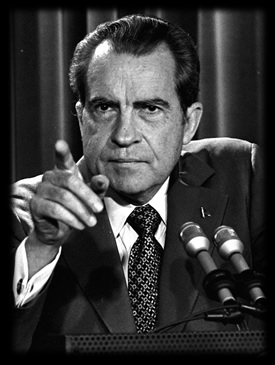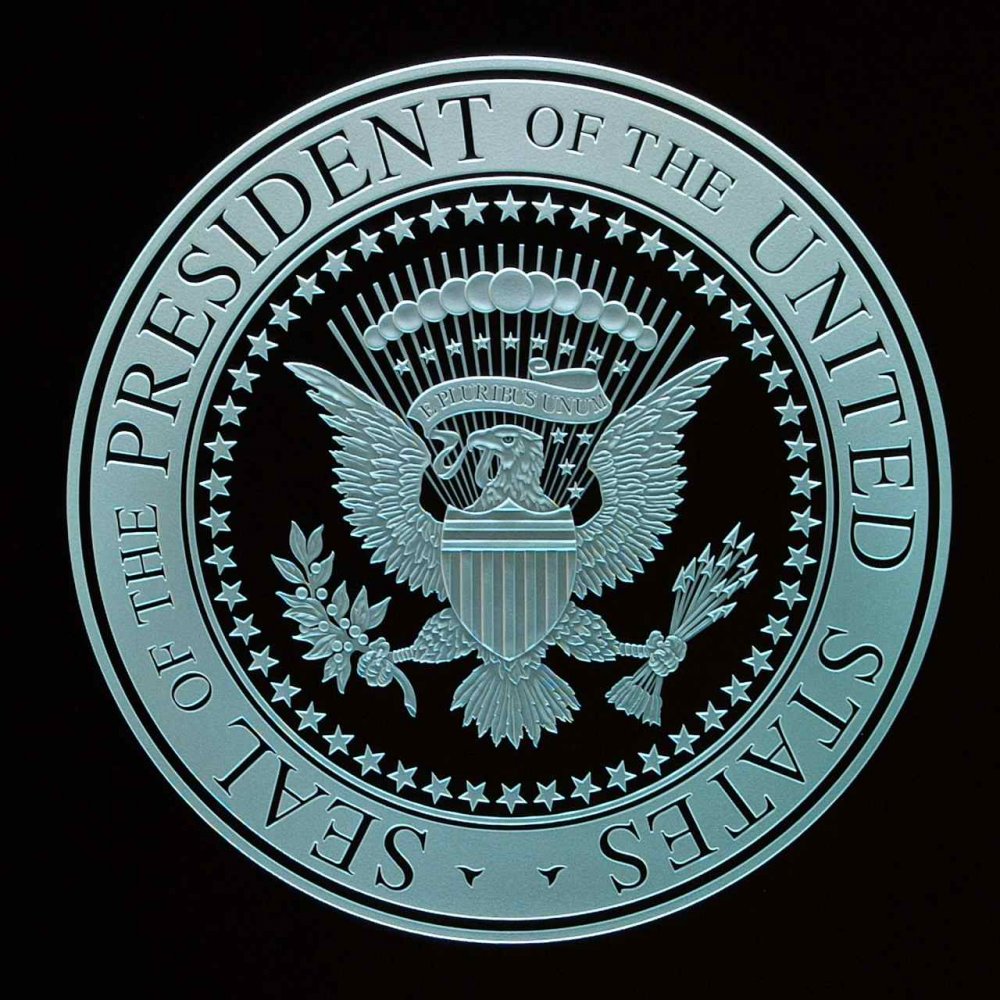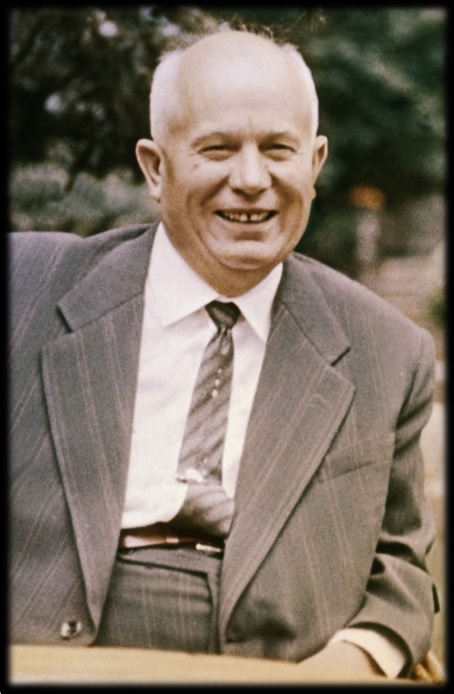
From the United States Constitution, Article II, Section 4: "The President, Vice President and all civil Officers of the United States, shall be removed from Office on Impeachment for, and Conviction of, Treason, Bribery, or other high Crimes and Misdemeanors."
A Washington D.C. political scandal, with the potential to become one the greatest indignities of the 20th century, was erupting like wildfire. The players were among the top officials in the federal government. There were even hints of a White House connection.
As the facts became even clearer the public began to realize there was a distinct possibility that the sitting Republican President of the United States could be impeached from office or, perhaps, even wind up in federal prison.
As political tensions rocketed toward an all time high, evidence was starting to surface that the President had ordered a secret raid on the opposition to gain valuable information. The raid was highly illegal but the rewards far outweighed the risks - or so he thought.
Then, members of the President's inner circle started getting arrested. Others were being subpoenaed to answer questions before congressional investigative subcommittees. The press was asking questions.
The President, seeing the ever darkening clouds of a giant election year scandal unfolding, hunkered down then went into full scale denial.
Faced with an ever growing media pressure, the President convened meetings and ordered his staffers to cover up everything.
The White House soon issued a new story as to what happened and the staff had orders to stick with it no matter what. Once set in motion however the lie would soon gain a life of its own and no one would be able to control it wrote best selling espionage expert James Bramford, the author of "The Puzzle Palace" and "Body of Secrets."
The media pressure continued. The President responded by having his spokespeople appear on camera for the better part of an hour telling lie after lie.
When a tape recording of the actual events surfaced, flatly proving the President had lied, he faced the worrisome prospect of being impeached from office. The President was so depressed he told his loyal secretary, "I would like to resign my office."
It looked like all was lost and the end was near.
Then, after a good night's sleep, the President apparently had a change of heart. Not only did he not resign, he came back full force and instructed his cabinet to continue to hide his personal involvement in the ill fated project - even while under oath. "No information should be divulged" he ordered.
In front of a Senate investigating committee the President's closest advisor stonewalled the proceedings and even went so far as to tell the senators, "I don't discuss what the President says to me or what I say to the President."
If you were guessing this presidential scandal was Watergate you were wrong.
The raid was not on the Democratic headquarters and this was not 1972. This Crime Files case refers to the U-2 spy plane flights over the Soviet Union that were exposed by Premier Nikita Khrushchev.
In the end President Eisenhower survived the scandal by claiming some very limited involvement in a national security issue. It probably didn't hurt that his term in office was nearing an end anyway.
So what lessons were learned? Perhaps a dangerous one. As the scandal unfolded, Vice President Richard Nixon was lurking in the shadows. Nixon saw firsthand that if you lie long enough, and strenuously enough, sometimes the problem just goes away.








President Nixon apparently learned a few things from Ike on how to handle a scandle.

Nikita Sergeyevich Khrushchev served as the First Secretary of the Communist Party of the Soviet Union from 1953 to 1964